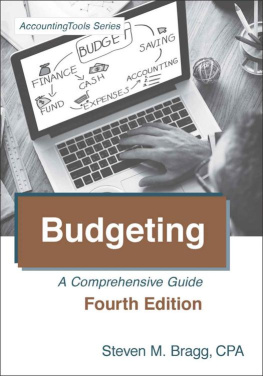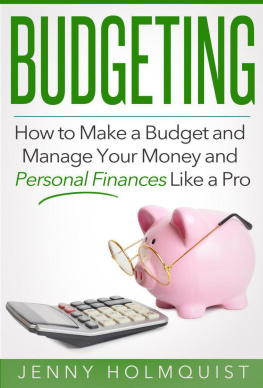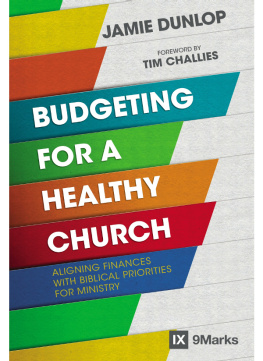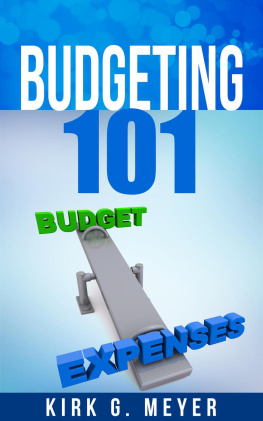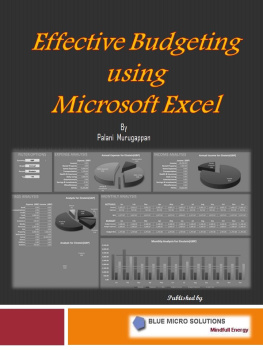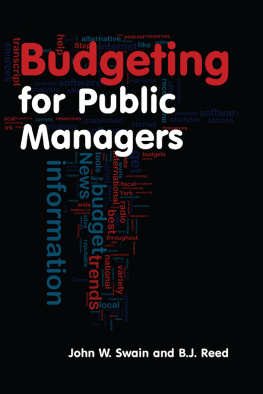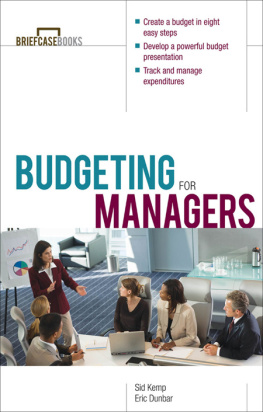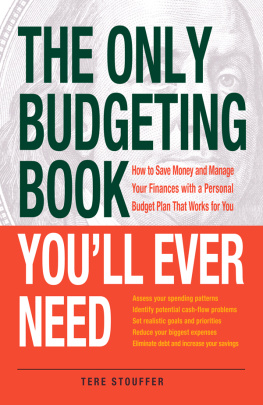
Copyright 2017 by AccountingTools, Inc. All rights reserved.
Published by AccountingTools, Inc., Centennial, Colorado.
No part of this publication may be reproduced, stored in a retrieval system, or transmitted in any form or by any means, except as permitted under Section 107 or 108 of the 1976 United States Copyright Act, without the prior written permission of the Publisher. Requests to the Publisher for permission should be addressed to Steven M. Bragg, 6727 E. Fremont Place, Centennial, CO 80112.
Limit of Liability/Disclaimer of Warranty: While the publisher and author have used their best efforts in preparing this book, they make no representations or warranties with respect to the accuracy or completeness of the contents of this book and specifically disclaim any implied warranties of merchantability or fitness for a particular purpose. No warranty may be created or extended by written sales materials. The advice and strategies contained herein may not be suitable for your situation. You should consult with a professional where appropriate. Neither the publisher nor author shall be liable for any loss of profit or any other commercial damages, including but not limited to special, incidental, consequential, or other damages.
For more information about AccountingTools products, visit our Web site at www.accountingtools.com.
ISBN-13: 978-1-938910-89-0
Printed in the United States of America
Table of Contents
Preface
It can be extremely difficult to assemble all of the information needed for a creditable corporate budget in a timely manner, and then continue to refer back to it throughout the budget period. Many companies have become so frustrated with the process that they have either given up budgeting or done the reverse and implemented an oppressive, top-down system of adherence to the budget.
This new edition of Budgeting: The Comprehensive Guide addresses all aspects of the budgeting conundrum how to create a budget, whether there are variations on the concept that may work better, and how to operate without any budget at all. In Chapters 1-17, we inspect all parts of a traditional corporate budget, including such areas as the production budget, inventory budget, and master budget, as well as the unique aspects of nonprofit budgeting. In Chapters 18-20, we discuss flexible budgeting and zero-base budgeting, which are variations on the traditional budgeting model. In Chapters 21-22, we cover the concept of operating without a budget. And finally, we address a variety of budget-related systems, such as procedures, reporting, and controls. An appendix contains a sample budget, showing subsidiary budget schedules rolling up into a master budget. A great many topics are covered in the book, including:
What are the advantages and disadvantages of budgeting?
What is the system of budgets?
What are the sources of information for the revenue budget?
When should I use the crewing method to compile the direct labor budget?
When should I use the roll-up method to calculate the direct materials budget?
How do I derive the correct amount of research and development funding?
How does bottleneck analysis impact capital budgeting?
What are the inputs to a budgeted balance sheet?
How do I create a flexible budget?
What are the steps involved in creating a zero-base budget?
What alternative systems are needed to operate without a budget?
What efficiencies can I impose on the budgeting process?
Budgeting: The Comprehensive Guide is designed for both professional accountants and students, since both can benefit from its detailed descriptions of budgeting systems, reports, and controls. As such, it may earn a place on your book shelf as a reference tool for years to come.
Centennial, Colorado
June 2017
About the Author
Steven Bragg, CPA, has been the chief financial officer or controller of four companies, as well as a consulting manager at Ernst & Young. He received a masters degree in finance from Bentley College, an MBA from Babson College, and a Bachelors degree in Economics from the University of Maine. He has been a two-time president of the Colorado Mountain Club, and is an avid alpine skier, mountain biker, and certified master diver. Mr. Bragg resides in Centennial, Colorado. He has written the following books and courses:
7 Habits of Effective CEOs
7 Habits of Effective CFOs
7 Habits of Effective Controllers
Accountant Ethics [for multiple states]
Accountants Guidebook
Accounting Changes and Error Corrections
Accounting Controls Guidebook
Accounting for Casinos and Gaming
Accounting for Derivatives and Hedges
Accounting for Earnings per Share
Accounting for Inventory
Accounting for Investments
Accounting for Intangible Assets
Accounting for Leases
Accounting for Managers
Accounting for Stock-Based Compensation
Accounting Procedures Guidebook
Agricultural Accounting
Behavioral Ethics
Bookkeeping Guidebook
Budgeting
Business Combinations and Consolidations
Business Insurance Fundamentals
Business Ratios
Business Valuation
Capital Budgeting
CFO Guidebook
Change Management
Closing the Books
Coaching and Mentoring
Constraint Management
Construction Accounting
Corporate Cash Management
Corporate Finance
Cost Accounting (college textbook)
Real Estate Accounting
Records Management
Recruiting and Hiring
Revenue Recognition
Sales and Use Tax Accounting
The MBA Guidebook
Cost Accounting Fundamentals
Cost Management Guidebook
Credit & Collection Guidebook
Developing and Managing Teams
Employee Onboarding
Enterprise Risk Management
Fair Value Accounting
Financial Analysis
Financial Forecasting and Modeling
Fixed Asset Accounting
Foreign Currency Accounting
Fraud Examination
Fraud Schemes
GAAP Guidebook
Governmental Accounting
Health Care Accounting
Hospitality Accounting
How to Run a Meeting
Human Resources Guidebook
IFRS Guidebook
Interpretation of Financial Statements
Inventory Management
Investor Relations Guidebook
Lean Accounting Guidebook
Mergers & Acquisitions
Negotiation
New Controller Guidebook
Nonprofit Accounting
Partnership Accounting
Payables Management
Payroll Management
Project Accounting
Project Management
Public Company Accounting
Purchasing Guidebook
The Soft Close
The Statement of Cash Flows
The Year-End Close
Treasurers Guidebook
Working Capital Management
On-Line Resources by Steven Bragg
Steven maintains the accountingtools.com web site, which contains continuing professional education courses, the Accounting Best Practices podcast, and thousands of articles on accounting subjects.
Budgeting is also available as a continuing professional education (CPE) course. You can purchase the course (and many other courses) and take an on-line exam at:
www.accountingtools.com/cpe
Chapter 1
Introduction to Budgeting
Introduction
A budget is a document that forecasts the financial results and financial position of a business for one or more future periods. At a minimum, a budget contains an estimated income statement that describes anticipated financial results. A more complex budget also contains an estimated balance sheet, which includes the entitys anticipated assets, liabilities, and equity positions at various points in time in the future.

